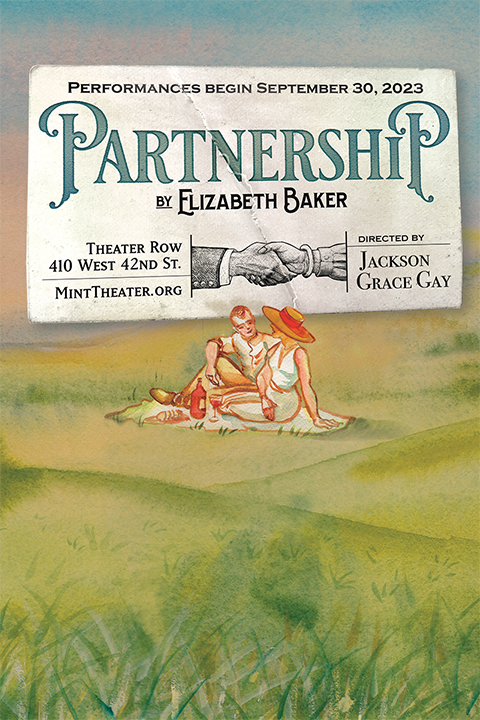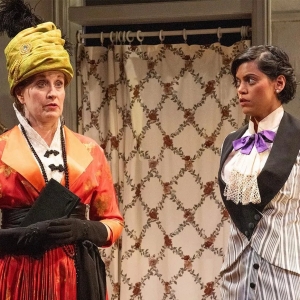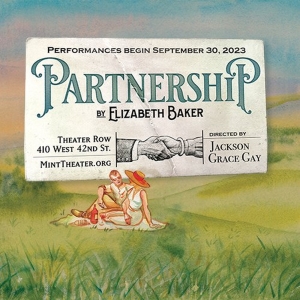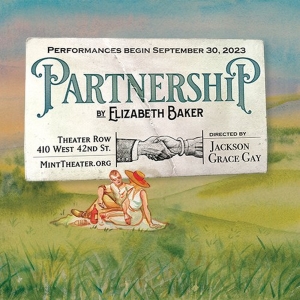Partnership - 2023 Off-Broadway History , Info & More
Theatre Row Theatre
424 West 42nd St. (9th & 10th) New York, NY 10036
Kate Rolling, is an independent professional woman happily running a successful business with no interest in marriage. That is, until she receives an offer from her chief competitor proposing a merger… and matrimony.
Partnership is a story of yearning for more, but Kate Rolling and the women she works with in her small but very smart shop are ambitious to sell more, to earn more, to grow. They are not romantics seeking adventure, they are capitalists seeking expansion. When George Pillatt, owner of the biggest shop in Brighton, proposes a merger on favorable terms—including matrimony—Kate sees an irresistible business opportunity. “Oh, don't worry about me,” Kate assures her friends, “I never expected anything great in the way of love.”
Partnership offers a refreshing take on the importance of work-life balance. “One of the very few intelligent and, therefore, really interesting plays of the moment is Partnership at the Court, by Miss Elizabeth Baker, author of the memorable Chains. It is the eternal battle of the spirit over the material: … It grips you precisely because it is not a fairy tale,” wrote The Stage in 1917.
Partnership - 2023 - Off-Broadway Cast
FEATURED REVIEWS FOR Partnership
THEATER Love or money? This off-Broadway play examines the age-old question. Read our review
5 / 10
Overall, the audience did not seem overly impressed: There was courtesy clapping at the end of Act I, and the applause only slightly increased in Act II. When it was over, there was sustained appreciation. This kind of period piece just does not warrant a rousing standing ovation.
‘Partnership’ Review: Elizabeth Baker’s Long-Lost Drama
8 / 10
The contours of Kate’s evolution, as sharp edges are softened by the awakening of feelings new to her, dates back at least to Shakespeare’s Beatrice and Katherina. But Baker renews the theme for the early 20th century with perspicacity and humor. And the cast, under the brisk direction of Jackson Grace Gay, brings lively coloring to all the characters, with the bracingly cynical, or perhaps just realistic, Maisie bringing a crisply funny snap to the play’s nicely turned denouement.
Category
Partnership History
Other Productions of Partnership
| 2023 | Off-Broadway |
Mint Theater Off-Broadway Production Off-Broadway |
Videos









